Nội Dung Chính
Shocking news
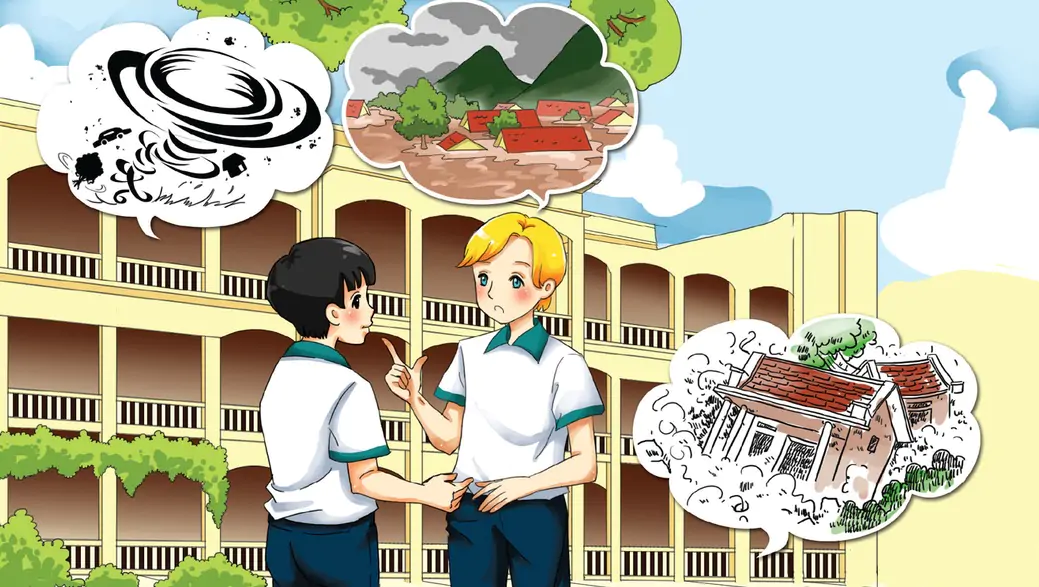
1. Listen and read.
Duong: Did you watch the news last night?
Nick: No, I didn't. What's happened?
Duong: There was a typhoon in Nam Dinh Province.
Nick: What exactly is a typhoon? We don't get them in England.
Duong: It's a severe tropical storm.
Nick: Oh no! That's terrible! What time did it hit the area?
Duong: They said at about 10 a.m.
Nick: Was anyone injured?
Duong: Only a few minor injuries were reported. Most people had moved to safe areas when the storm broke.
Nick: That's a relief. Did it cause any damage to property?
Duong: It seems many houses and public buildings were destroyed or flooded, and thousands of people were left homeless.
Nick: That's awful! Despite all the modern technology available to us, we're still helpless against natural disasters. How is the government helping the people there?
Duong: They've sent rescue workers to free people who were trapped in flooded homes. Once the heavy rain stops, they'll start clearing up the debris. Medical supplies, food and rescue equipment have also been sent.
Nick: That's great! How about the people left without homes?
Duong: They've been taken to a safe place where temporary accommodation will be provided for them.
a. Read the conversation again and fill the blank with no more than three words.
1. Nam Dinh Province was hit by a severe __________.
2. Only a few people were __________.
3. The storm caused extensive __________ to property.
4. Rescue workers have freed those who were __________ in flooded homes.
5. The government has sent rescue equipment, food, and __________.
6. People without homes will be provided with __________.
b. Responding to news
Nick uses the expression ‘That's terrible!' to react to the news of the tropical storm. Read the conversation again and find similar responses.
2.
a. Write the responses into the correct columns. Then listen, check and repeat.
Wow!
How terrible!
That's great!
How wonderful!
Oh dear!
Oh no!
That's a relief!
That's shocking!
That's awful!
That's awesome!
| Responding to good news | Responding to bad news |
|
|
b. Match the sentences (1-6) to the responses (a-f). Then practise the exchanges with a partner.
| 1. Mary and Tom are getting married in July. 2. I managed to pass the test! 3. Many people died in the accident. 4. They have invented a flying car. 5. Our house was destroyed by the storm. 6. Hospitals have refused to take in any more injured people. | a. Oh no! b. How wonderful! c. Wow! d. That's a relief! e. That's shocking! f. That's awful! |
3. Match the natural disasters with the pictures. Then listen, check your answers and repeat. Can you add more?
A. volcanic eruption
B. tornado
C. flood
D. forest fire
E. earthquake
F. tsunami
G. mudslide
H. drought
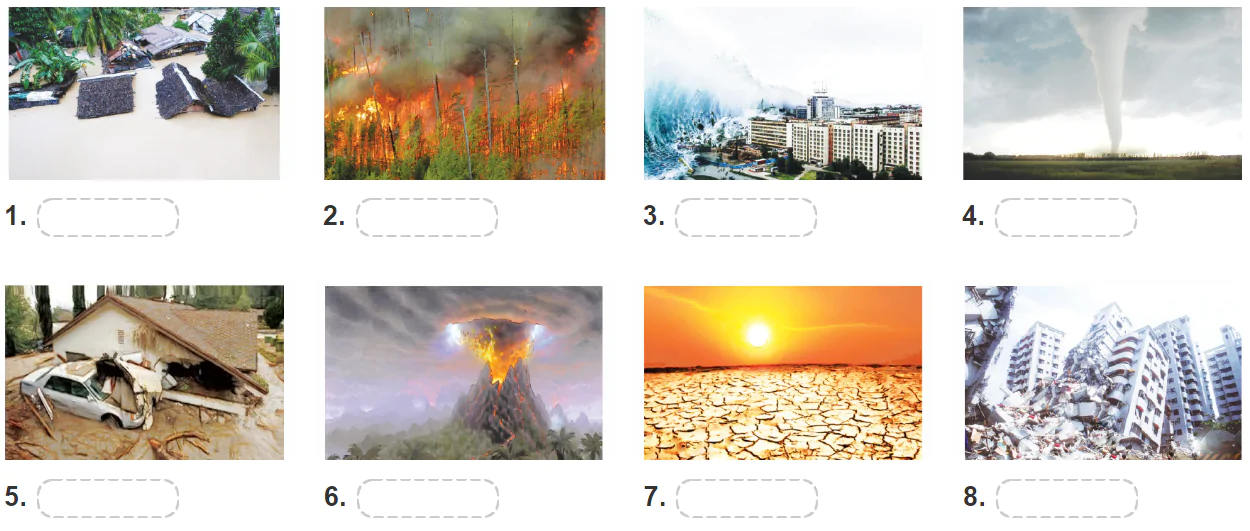
4. Work in pairs. Ask and answer questions about common natural disasters in some areas in Viet Nam.
Example:
A: Which are the most common natural disasters in Thanh Hoa?
B: Typhoons and floods.
A: How often do they happen there?
B: Typhoons happen there about three or four times a year, and floods about twice a year.
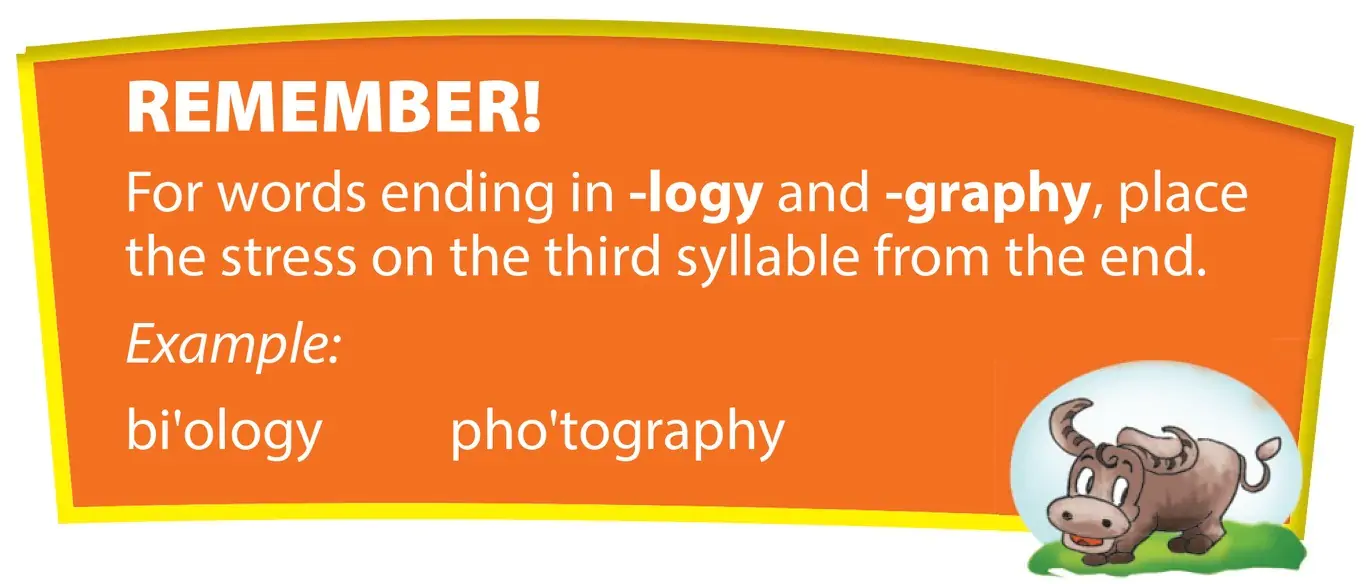
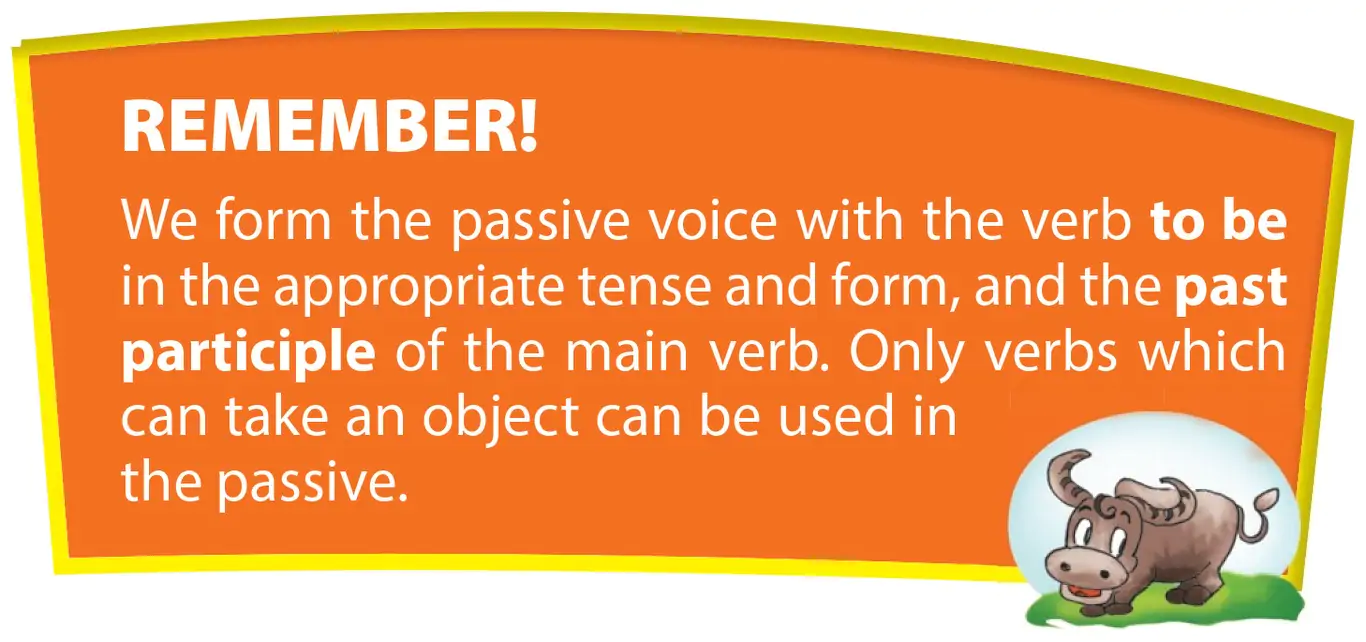
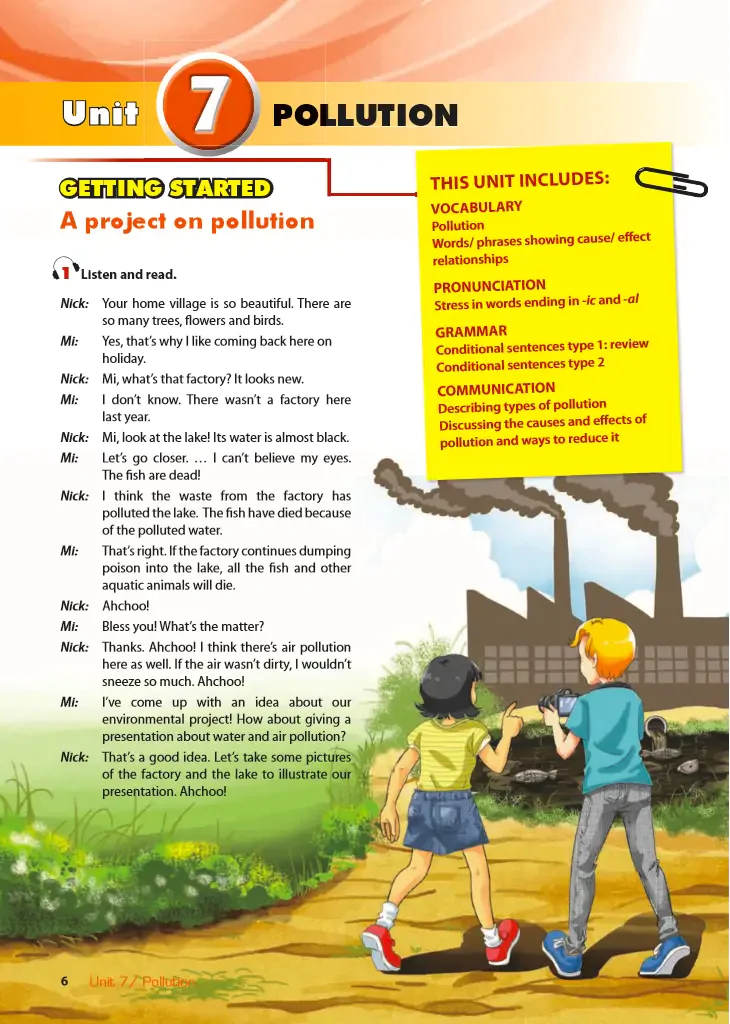
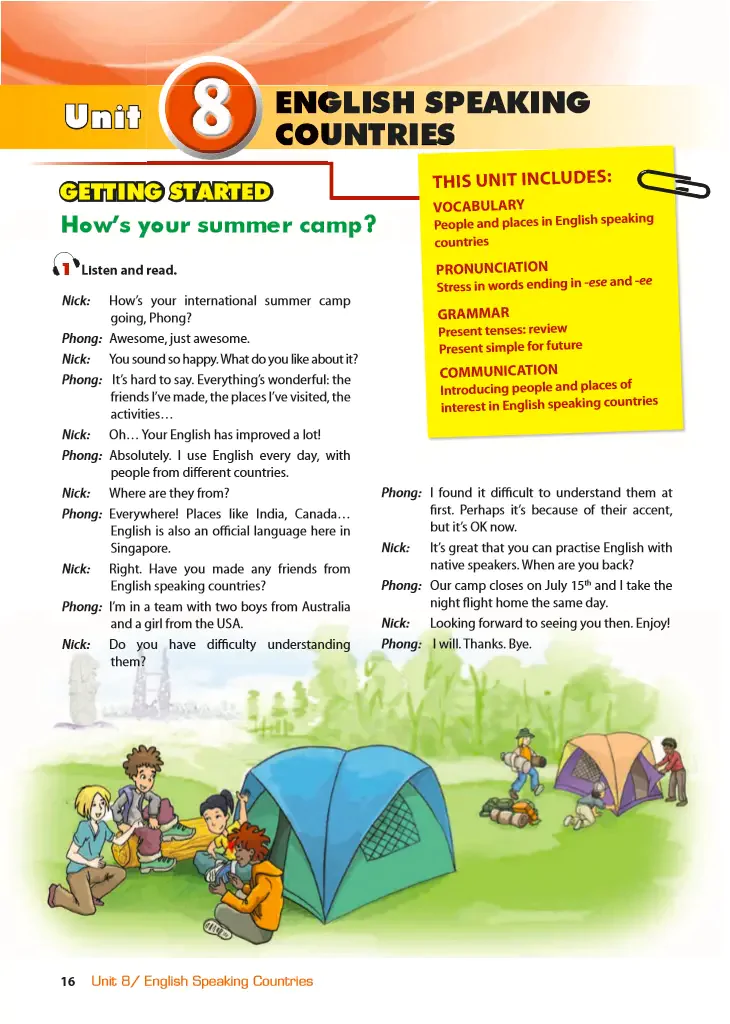
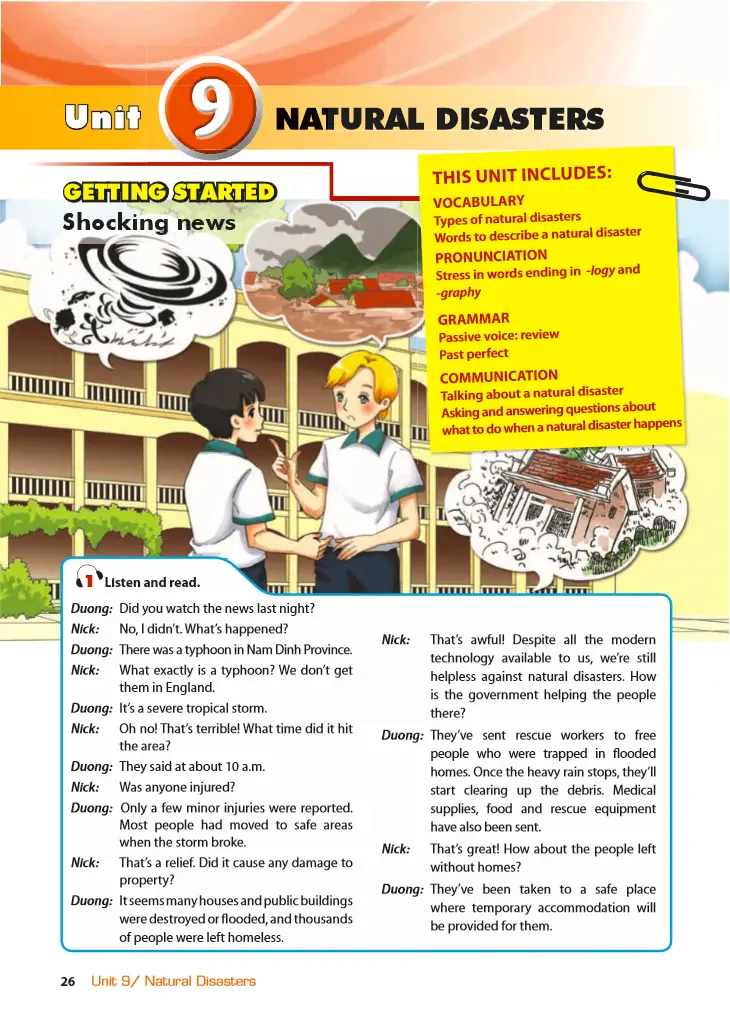
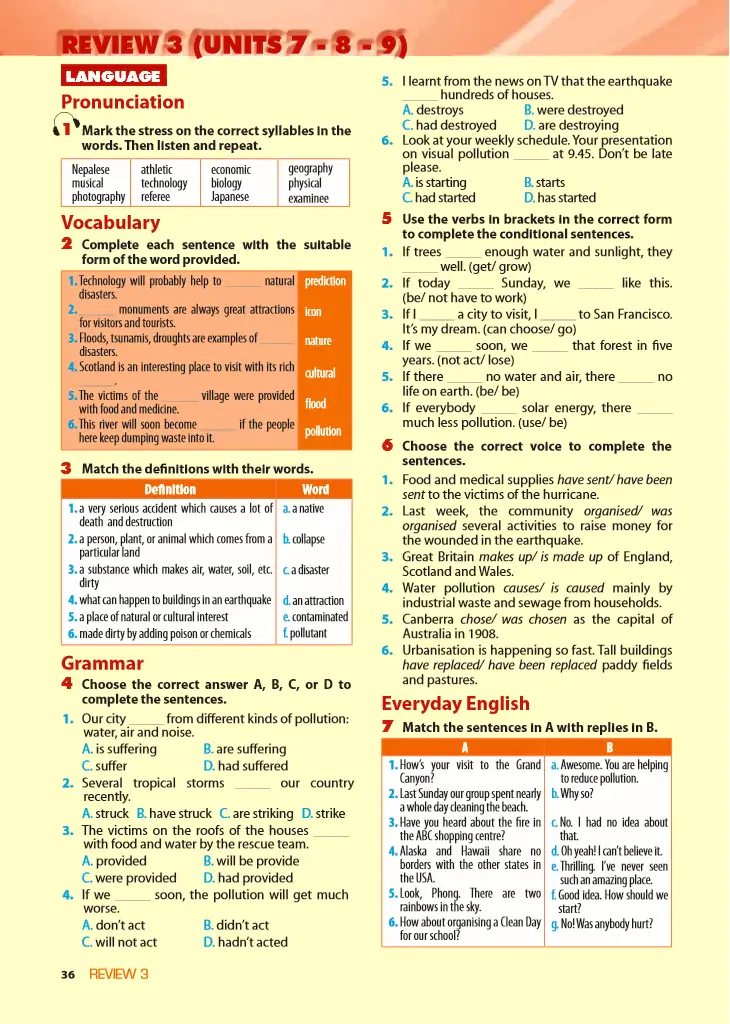
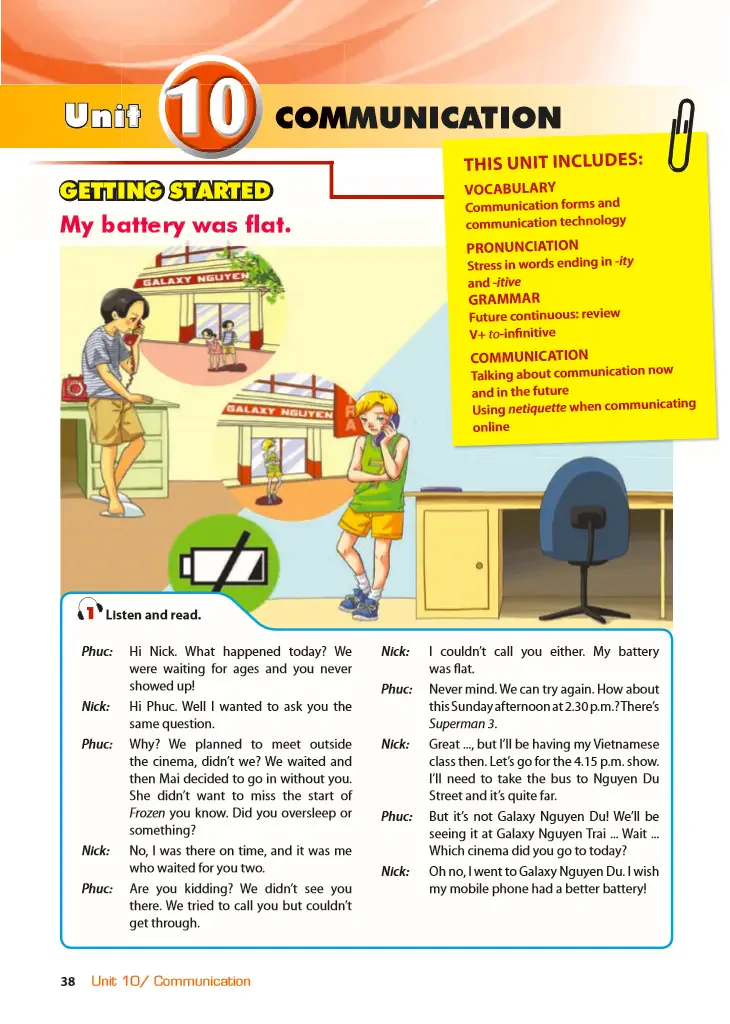
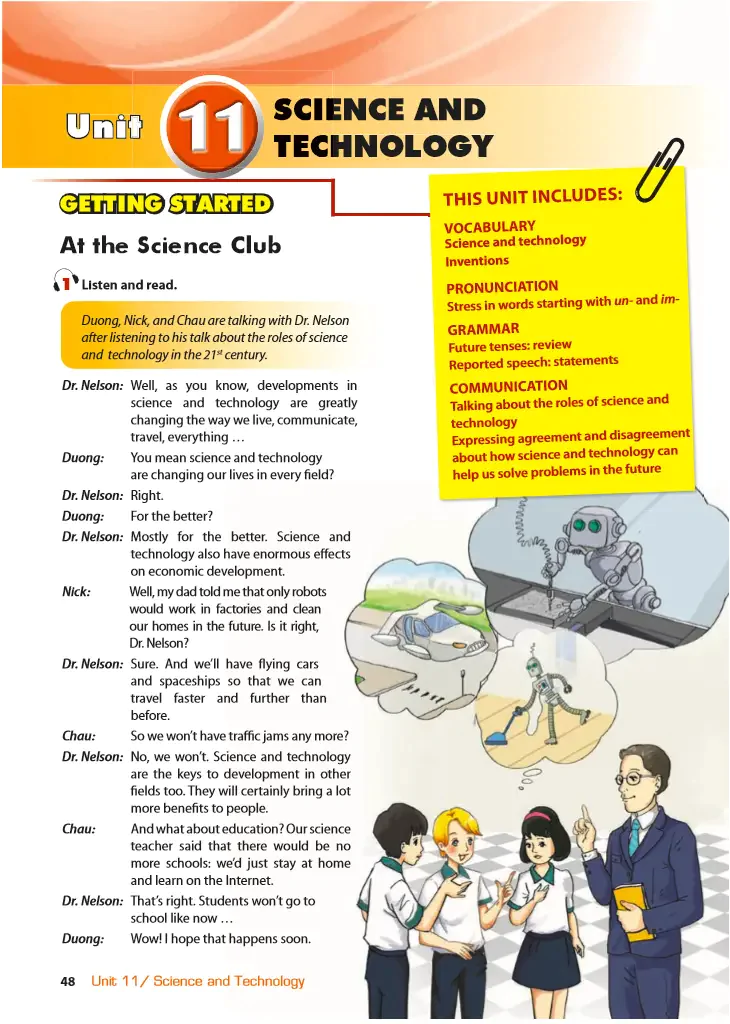
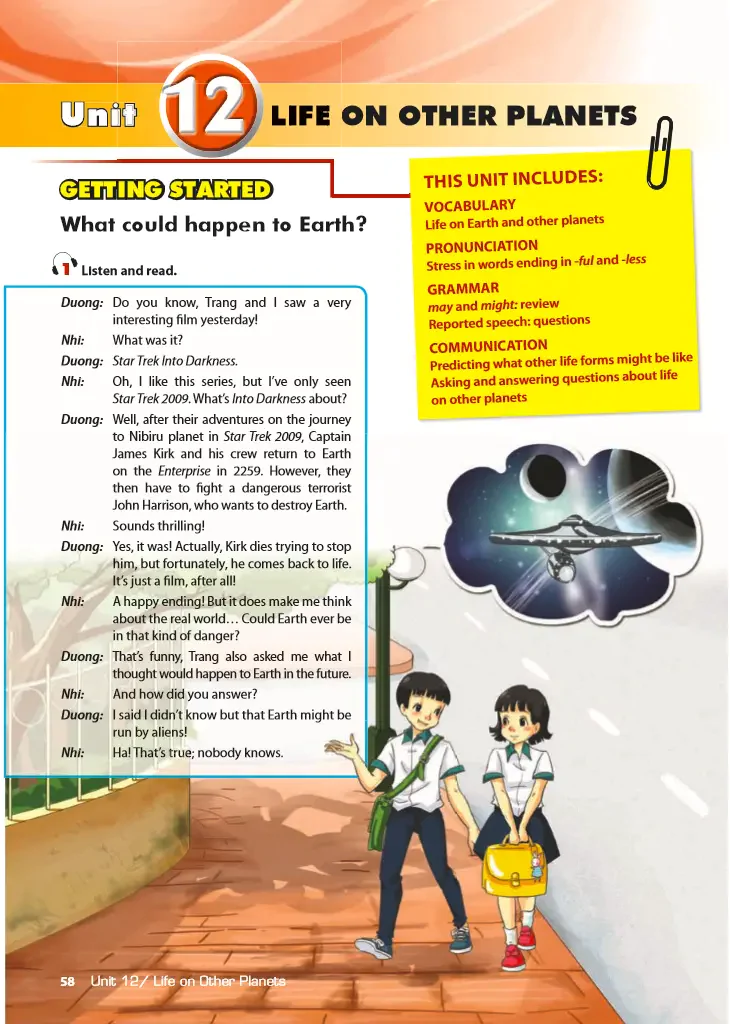
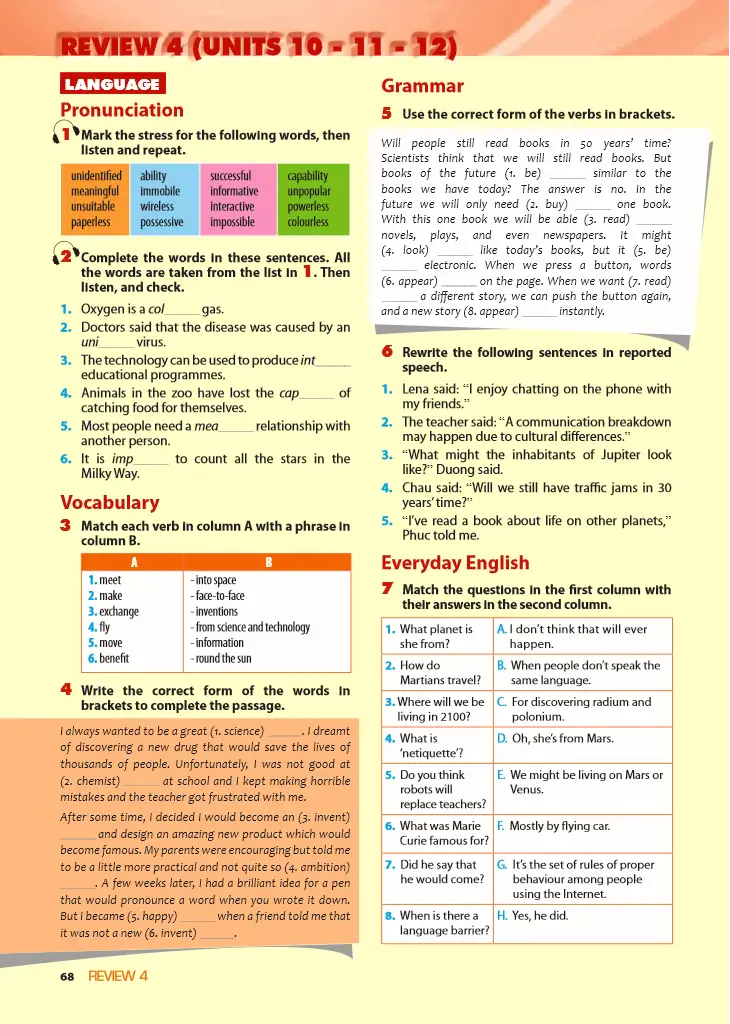



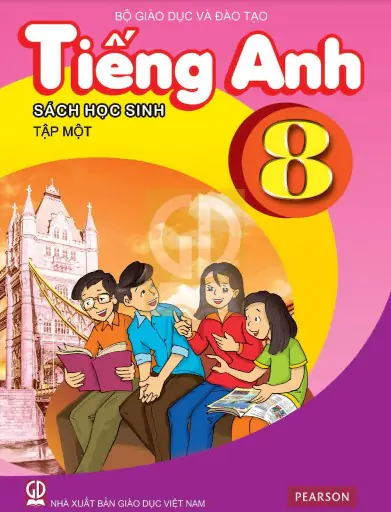
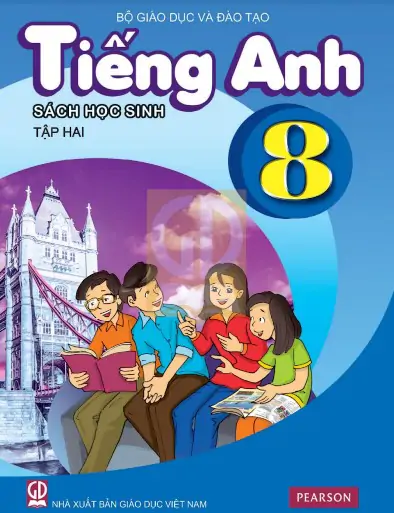
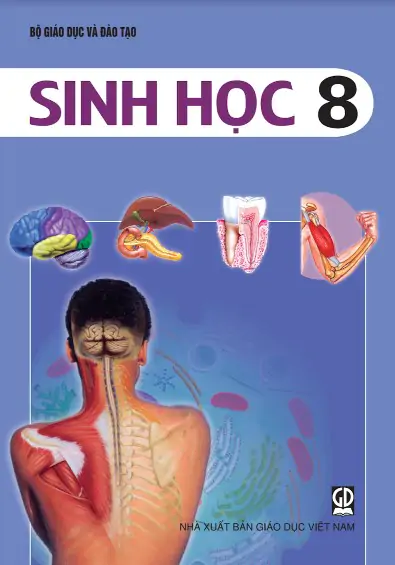





















Bình Luận
Để Lại Bình Luận Của Bạn